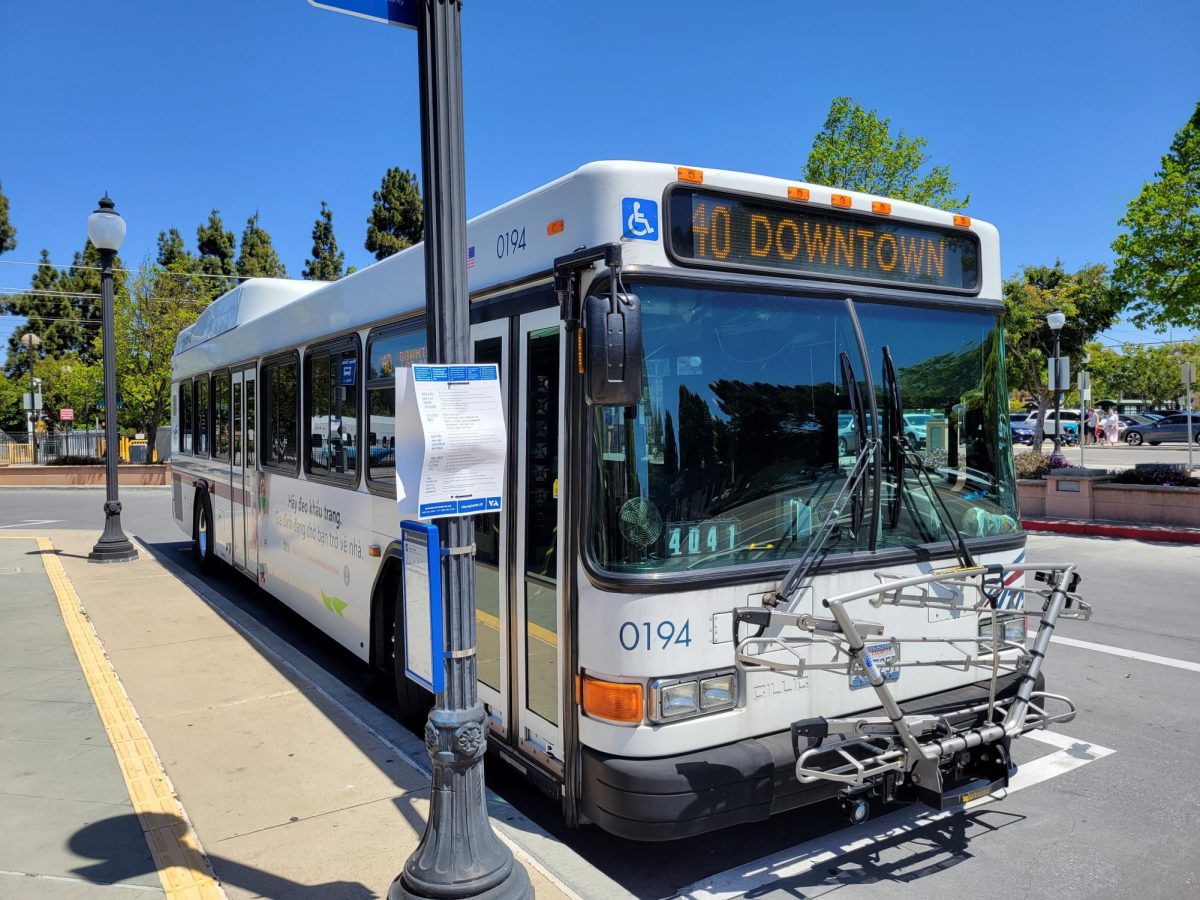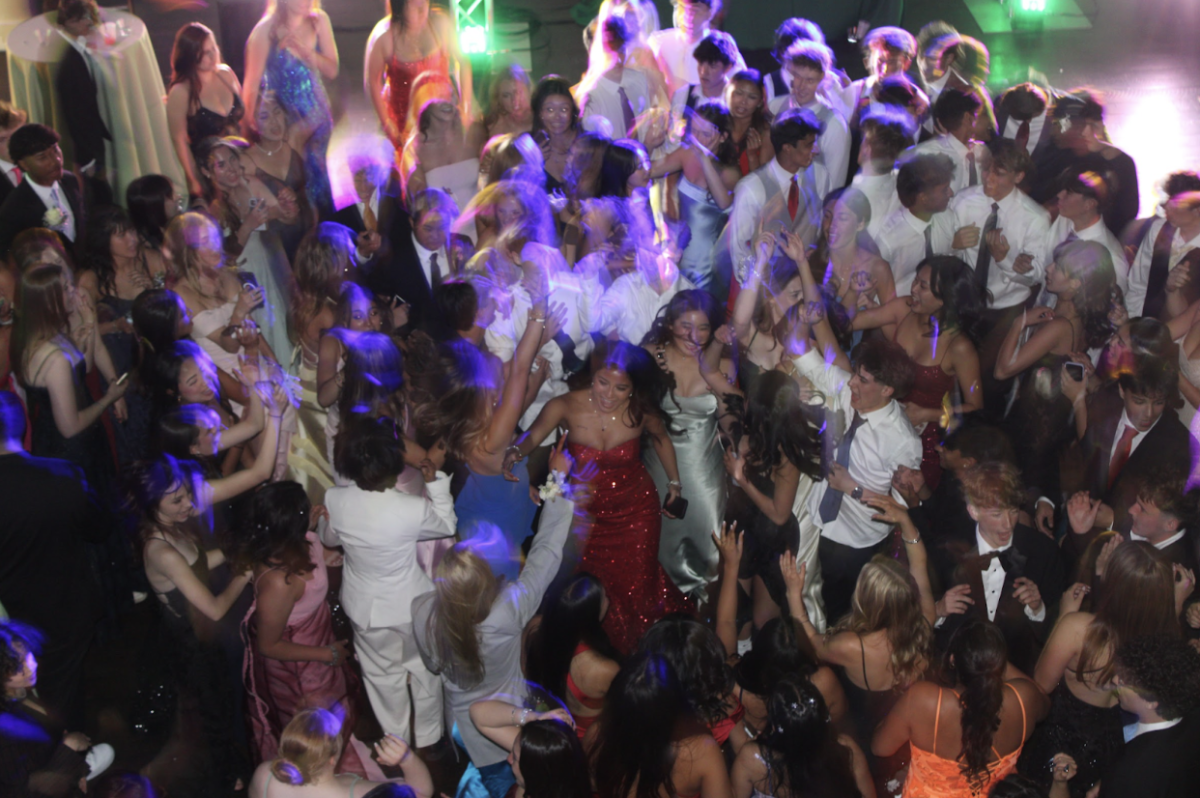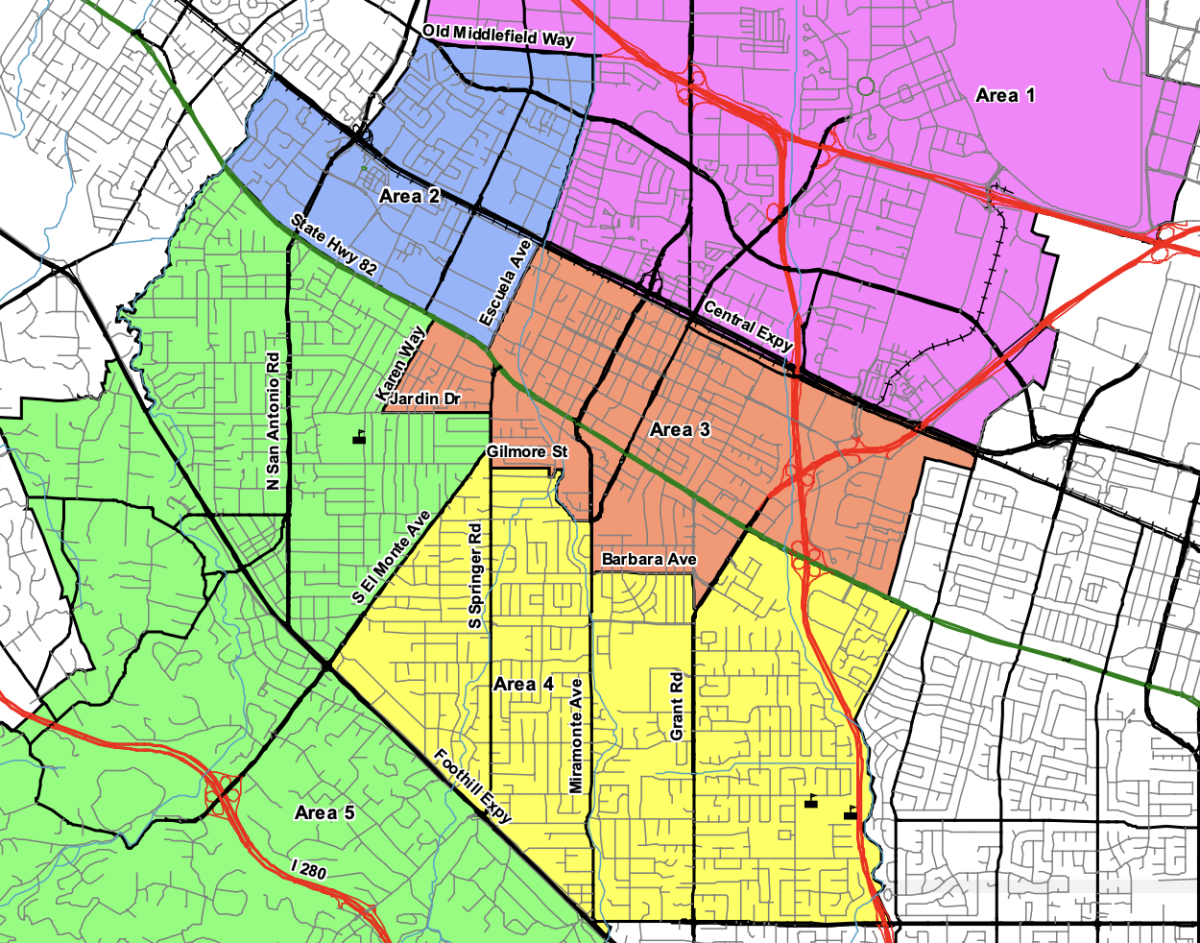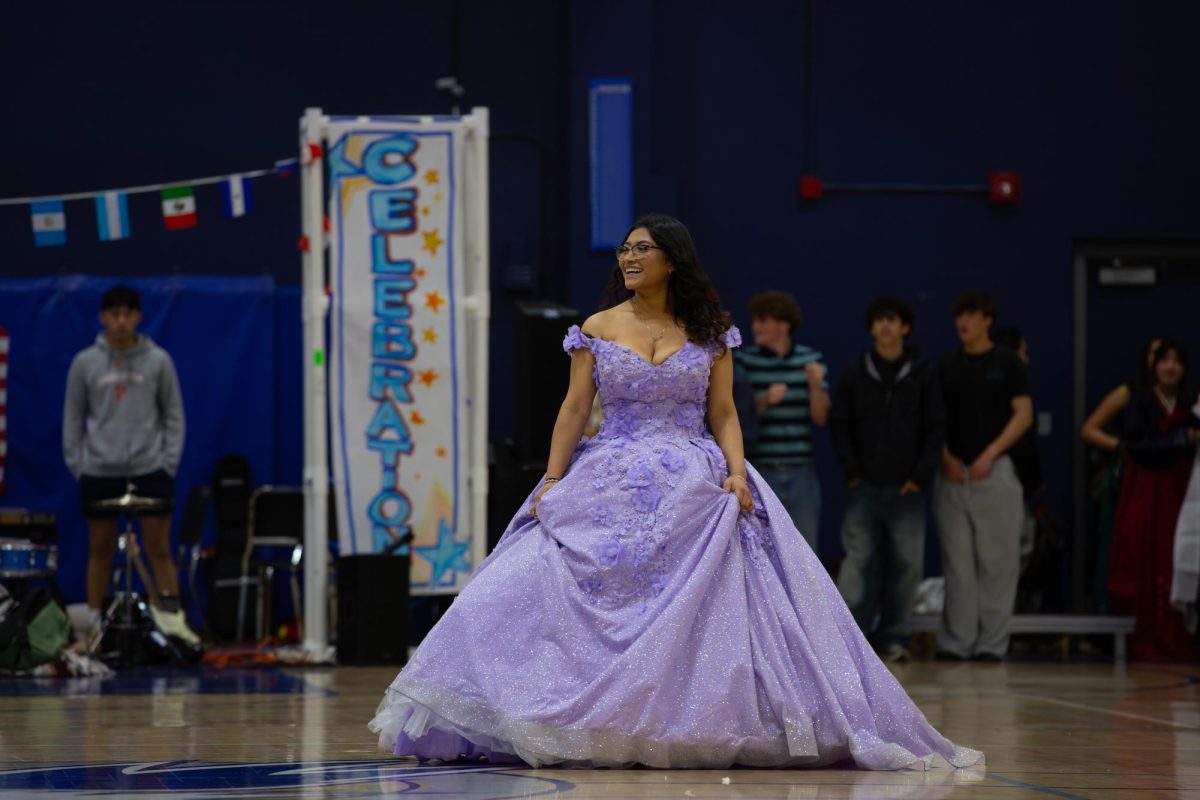Between the commercials and repeats of “Call Me Maybe,” the radio has lost the magic it once held for me. Where the airwaves once carried beautiful tunes I’d never heard, now it is a void of teen-pop and commercials fill my ears.
The radio seems to have become much too centered around money, with the constant battle between airtime and ad-space mingling with the current pop wars of the iTunes top 100. Most radio stations appear more concerned about profits than what they bombard their listeners’ ears with. In order to maximize profits, stations are forced to play what is most “popular,” in this case “Call Me Maybe” and One Direction, or something else off the pop charts. The sacrifice of personality for security has taken a lot of the essence of music out of radio.
My answer for radio’s identity crisis: socialism.
From NPR to BBC, national public radio has gained considerable followers in recent years. NPR’s few commercials and intriguing radio talks help keep the audience captivated. However, the scope of NPR is limited to talk shows, leaving music fans still sweeping the frequency spectrum for tunes.
However, if we look across the pond to England, which has 10 national stations that cover almost every brand of radio, the radio is still wildly popular. BBC attracts millions of listeners in the United Kingdom. The largest radio broadcaster in the world, BBC employs more than 20,000 employees to provide an optimal radio experience for everyone.
BBC Radio1 and Radio1 Xtra, the “pop” music stations, up the ante on pop music through an impressive chart show that covers almost all the genres of music, from rock to hip-hop, reggae to electronica. In addition, they frequently recruit celebrity DJs to do guest mixes to ensure that there’s always something good on. And the best part? No commercials.
If the United States could put together something along the lines of BBC, perhaps expanding NPR to include a music station, the radio would be a happier place. A national music station (or three) could supplement the relatively uncreative stations in our area, and make them step up their game to compete. Socialism hasn’t always worked in the past, but in response to the radio’s short-comings, it may be the answer.









Www.Dissolution-Eurl.com | Aug 6, 2014 at 8:00 am
I loved as much as you’ll receive carried out right here.
Thee skketch is tasteful, your authored material stylish.
nonetheless, you command get got an eddginess
over that you wish be delivering the following. unwell unquestionably come more
formerly again as exactly the same nearly a lot often inside caqse you shield this increase.